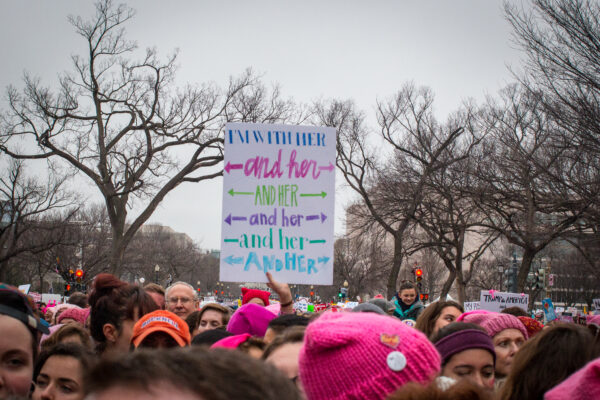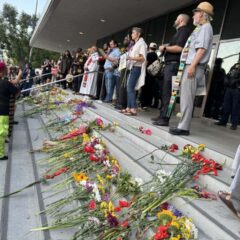Since the 2016 election, progressive commenters have wondered why a majority of white women voters voted for Donald Trump as president. The Nation published an article about not only what motivates white conservative women voters, but also about how progressives can relate to this group, quoting Brie Loskota, executive director of CRCC, about the latter:
And what of the other white women—those who are married and active in conservative faith traditions, whose values and cultural norms remain largely foreign to white secular feminists? According to Brie Loskota, executive director of the Center for Religion and Civic Culture at the University of Southern California in Los Angeles, the question of whether they are “organizable” for progressive purposes is presumptuous. First, she says, it views such women as “objects of study” or “problems to be solved.” But more fundamentally, given that many of these women may already be politically organized within conservative and political religious networks, it suggests the goal is a society that thinks alike—one in which deep divisions are not tolerated, let alone respected or reconciled. Rather, she says, progressives and conservatives alike must embrace a vision of the body politic that allows people with different perspectives to coexist respectfully. Change is possible, she claims, as evidenced by some evangelical Christians’ evolution on LGBTQ issues, but it occurs not just through political pressure and policy wins. Building authentic relationships across dimensions of difference can be a transformational part of the equation, one that can work better than simply trying to “bludgeon people into becoming their higher selves.”
Click here to read the full article.




